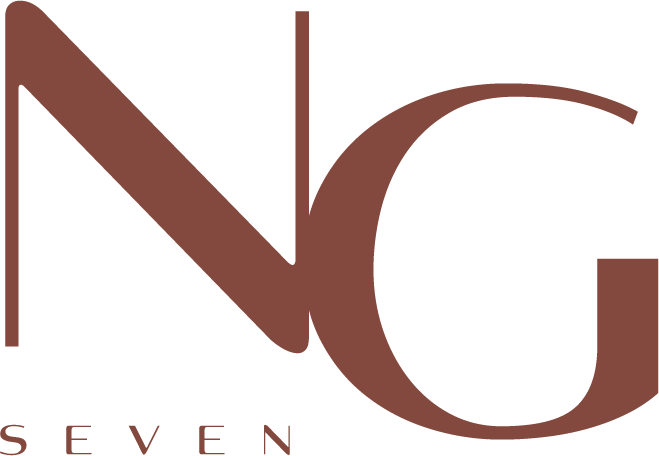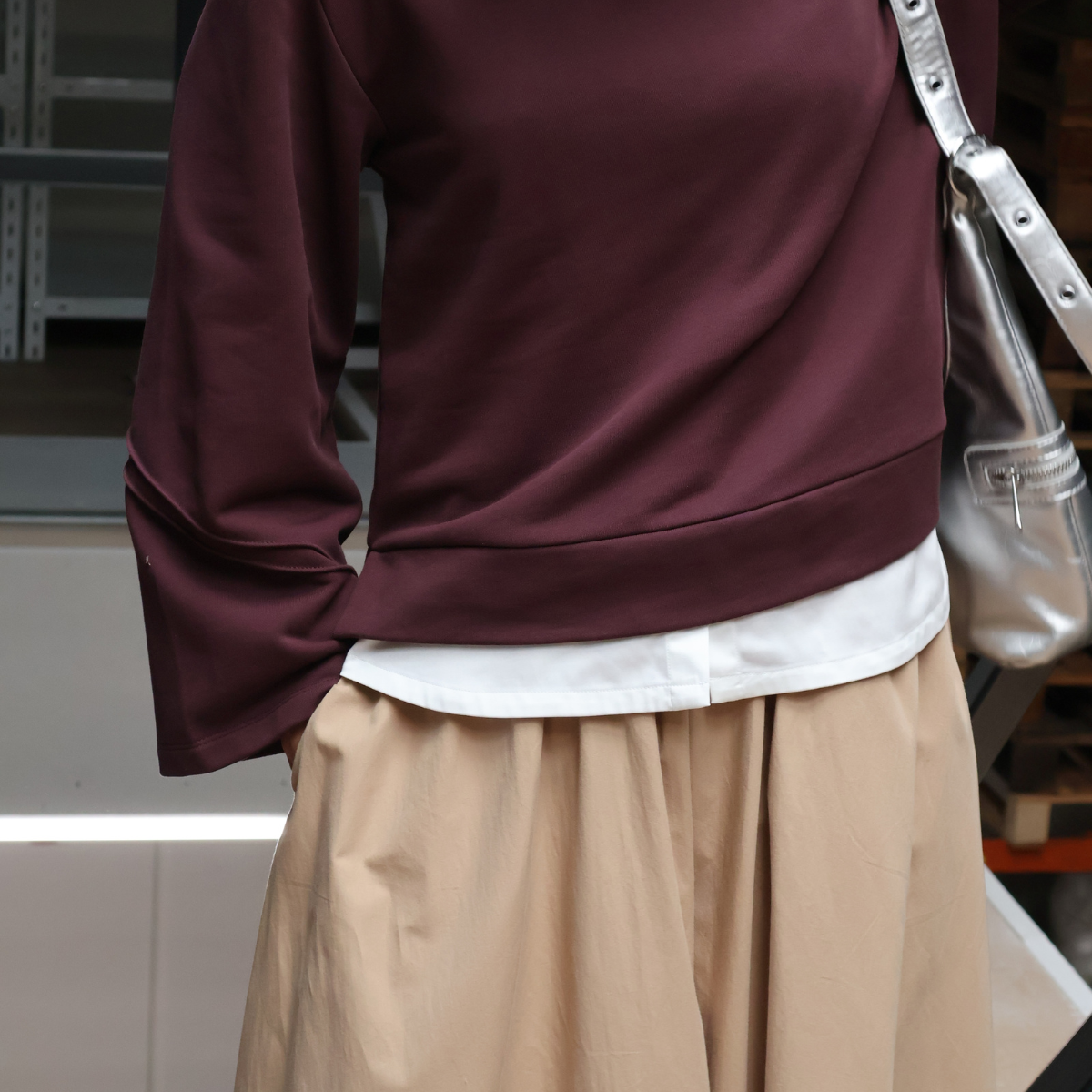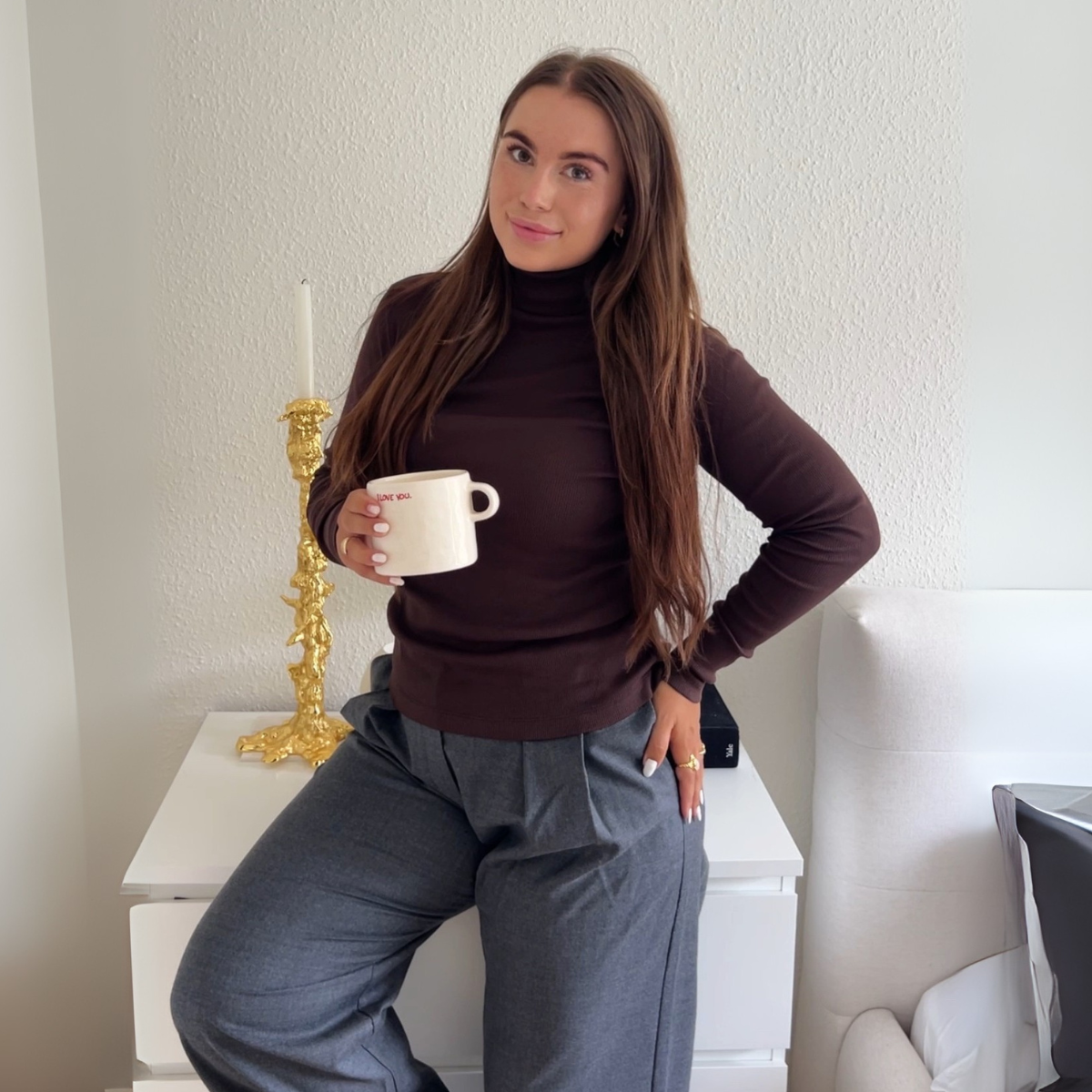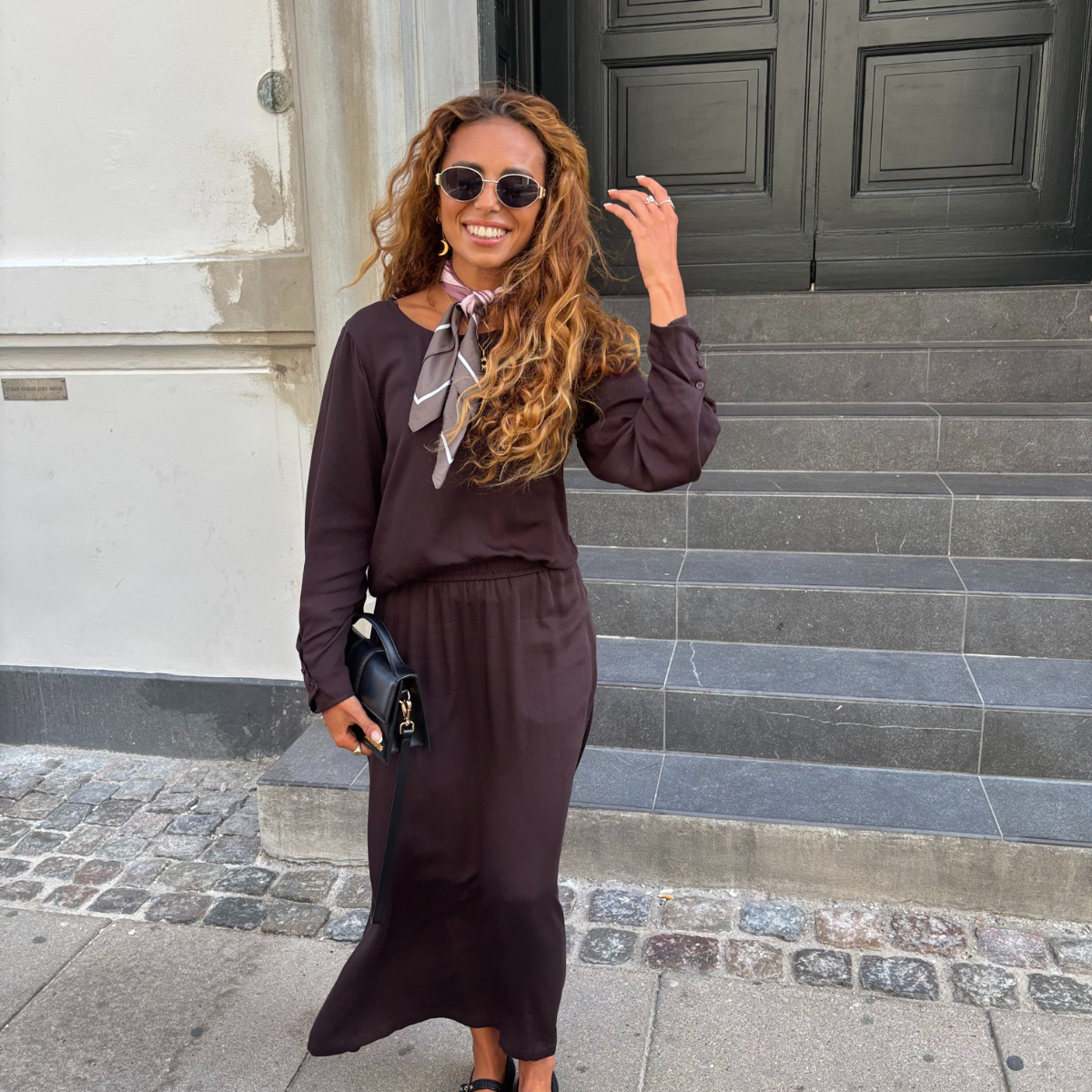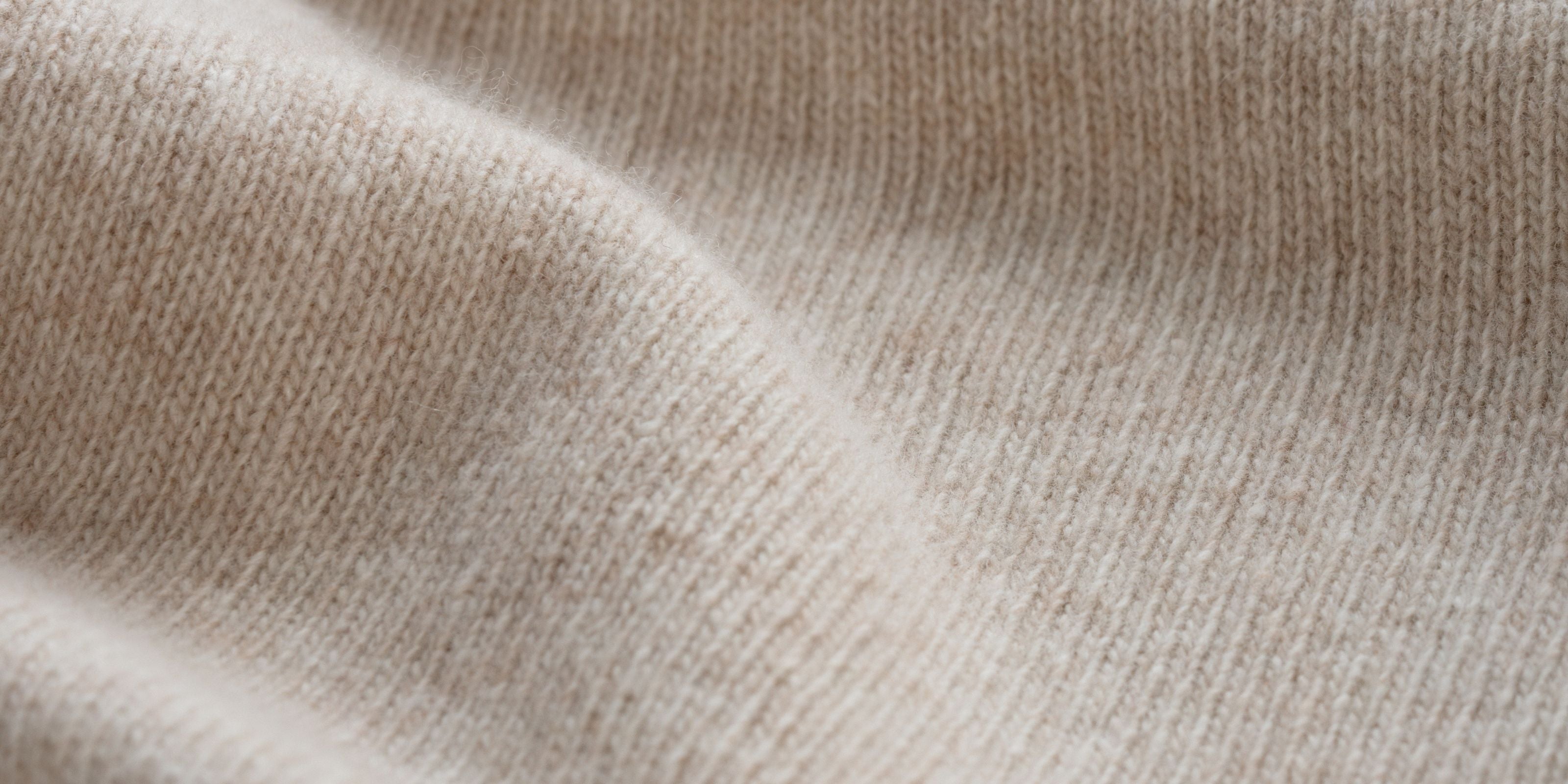Materials
A material guide for you
This page offers an in-depth look at the materials we use in our NGSeven collections, carefully selected the most responsible options to bring you the best in quality and durabillity.
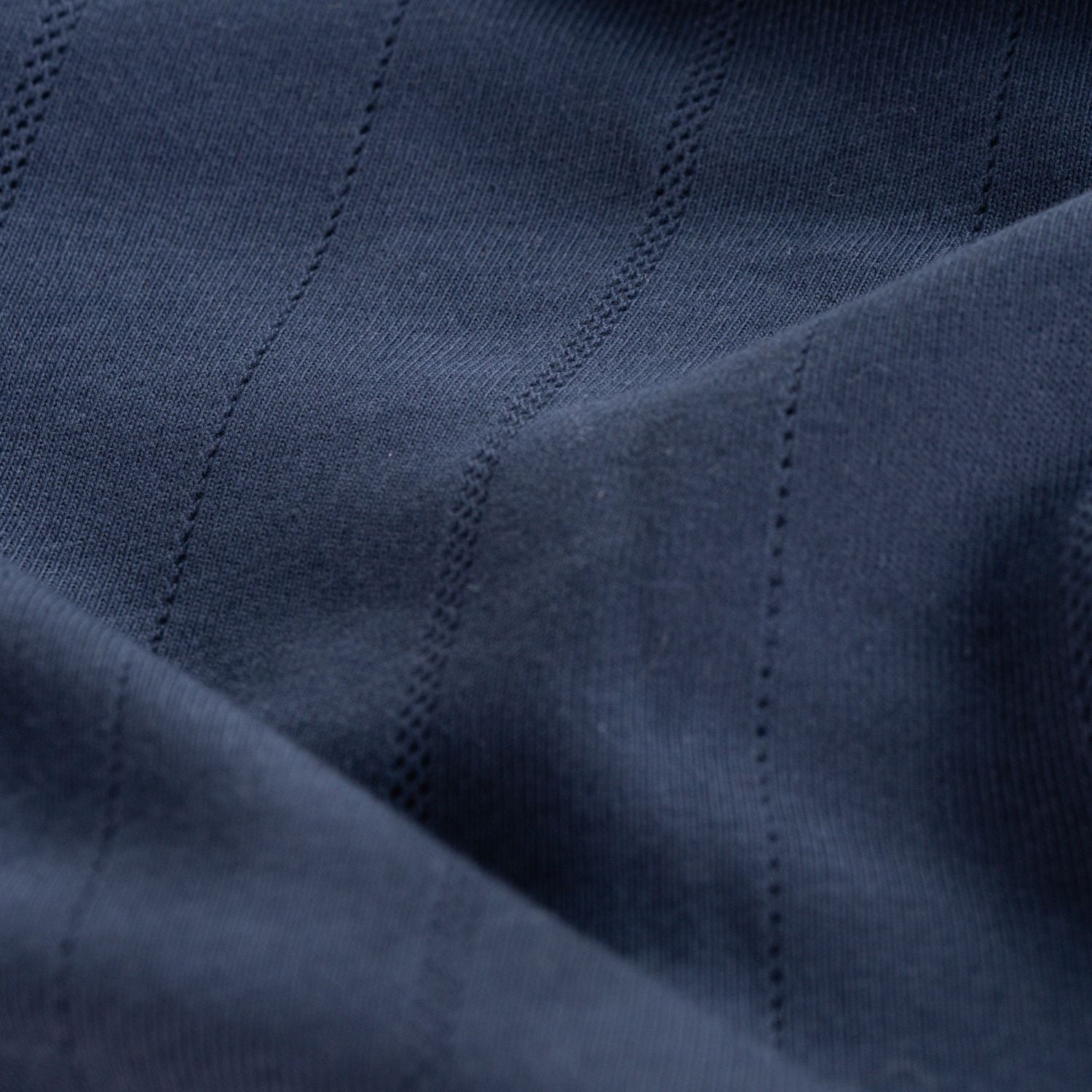
Organic cotton
Even though organic cotton is water intensive, we have decided only to use organic cotton in our collections.
Why organic cotton?
Cotton is a natural fiber and one of the world’s most widely used raw materials for fabric production, likely because of its incredible properties: softness, absorbency, and breathability.
Growing organic cotton prohibits the use of genetically modified seeds and relies on natural methods, avoiding toxic pesticides and artificial
fertilizers.
Organic cotton helps sustain the land where it’s grown by using crop rotation and avoiding harmful pesticides.
The cotton we use at NGSeven is certified organic cotton.
Conventional cotton requires large amounts of water and pesticides to grow without succumbing to disease.
Cotton made from post- or pre-consumer cotton waste is called recycled cotton.
We choose not to use recycled cotton because its strength and durability do not match that of new fibers. During mechanical recycling, fibers often become shorter, leading to weaker yarns and fabrics. To ensure sufficient
strength, recycled cotton usually needs to be blended with other fibers, such as organic cotton.
It needs to be mixed/blended with other fibers i.e., organic cotton, to ensure the strength of the fibers.
Textile Exchange Organic Cotton Update 22 feb. 2022
Read more
We only use organic cotton in our NGSeven collections.
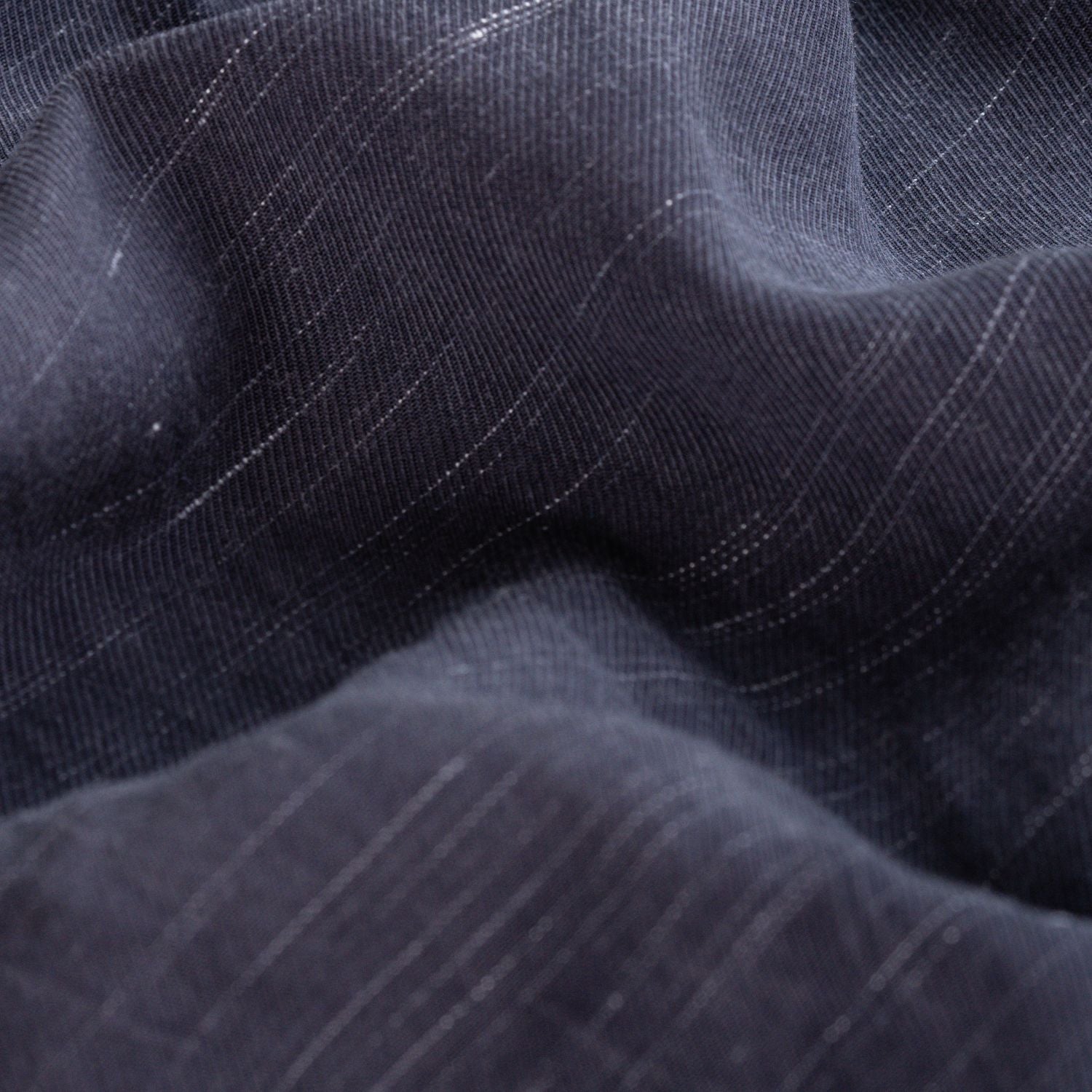
TENCEL™ LYOCELL
TENCEL™ can only be used when sourced from the Austrian manufacturer Lenzing, a leader in environmentally responsible production methods.
Why TENCEL™ Lyocell
TENCEL™ Lyocell feels smooth and shiny like silk, cool and comfortable like linen, strong like polyester, and it's just as easy to wash as acrylic.
The production of TENCEL™ Lyocell takes place in a closed-loop system, where nearly 100% of the chemicals and water used can be recycled. The waste generated from this process is minimal, and at the end of the TENCEL™ Lyocell product's life cycle, the fiber can be recycled, with 99% of it being biodegradable.
TENCEL™ Lyocell retains its colour - after 10 washes, 20 washes, and even 30 washes.
We only use TENCEL™ LYOCELL in our NGSeven collections.
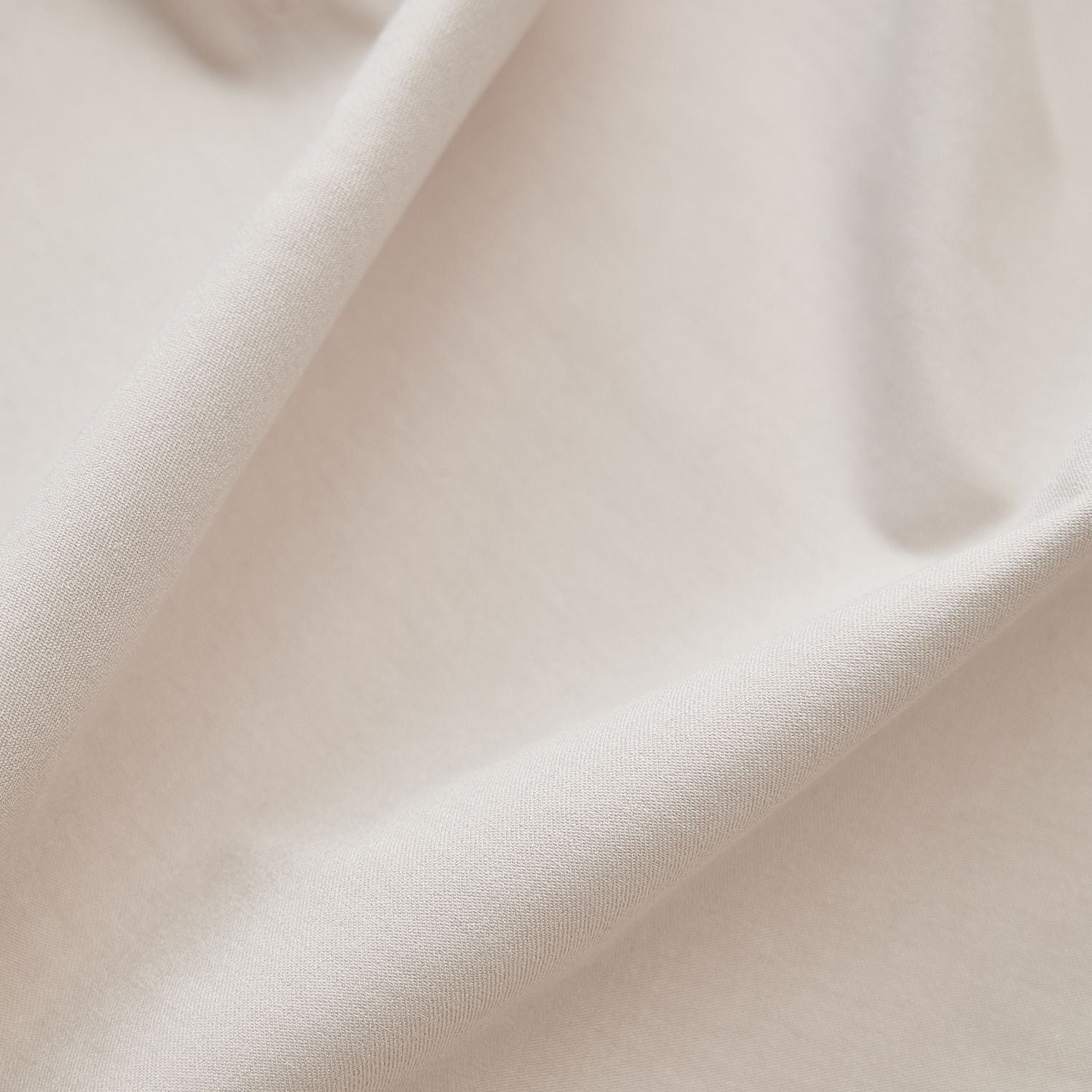
LENZING™ ECOVERO™ VISCOSE
Viscose is manufactured from regenerated cellulose fibers derived from wood pulp, making it a popular alternative to cotton.
Why LENZING™ ECOVERO™ VISCOSE ?
Viscose is highly absorbent, breathable, and smooth, known for its excellent colour retention and draping properties.
A special system makes it possible to identify LENZING™ ECOVERO™ viscose fibers in the final product, even after extensive textile production processes and transformations within the value chain. When you purchase clothes labeled with LENZING™ ECOVERO™ on the tag, you can be 100% sure of the source of the viscose.
LENZING™ ECOVERO™ viscose is made from renewable wood fibers, which are converted into textile fibers using much less water and energy than conventionally grown viscose requires.
Additionally, Lenzing has documented that the production of LENZING™ ECOVERO™ viscose fibers uses up to 50% less water and energy than conventionally produced viscose.
LENZING™ ECOVERO™ viscose fibers are certified with the EU Flower, which means that high environmental standards are met throughout the entire lifecycle - from raw material extraction to production, distribution, and disposal.
The high demand for wood pulp in viscose production is, in some cases, endangering ancient forests. Additionally, the manufacturing process of viscose is chemical-intensive.
[1]Results based on LCA standards (ISO 14040/44) and available via Higg MSI (Version 3.7)
We only use LENZING™ ECOVERO™ VISCOSE in our NGSeven collections.
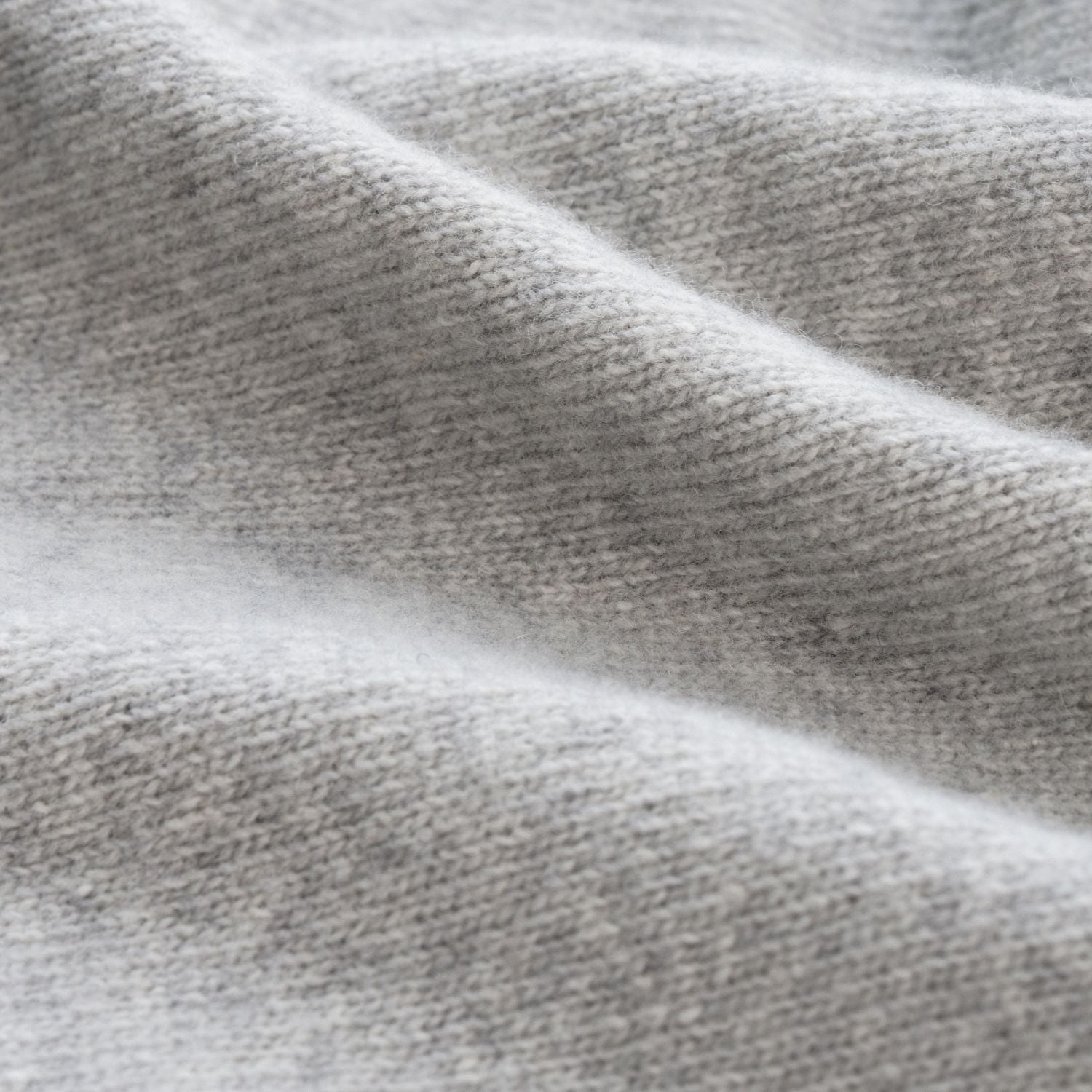
Responsible wool
At NGSeven, we care about animal welfare. Therefore, all our products containing wool are made with RWS-certified yarns.
The Responsible Wool Standard (RWS) is a voluntary standard.
RWS farmers and ranchers are evaluated based on animal welfare, land management, and social requirements outlined in the standard.
We only use RWS wool in our NGSeven collections.
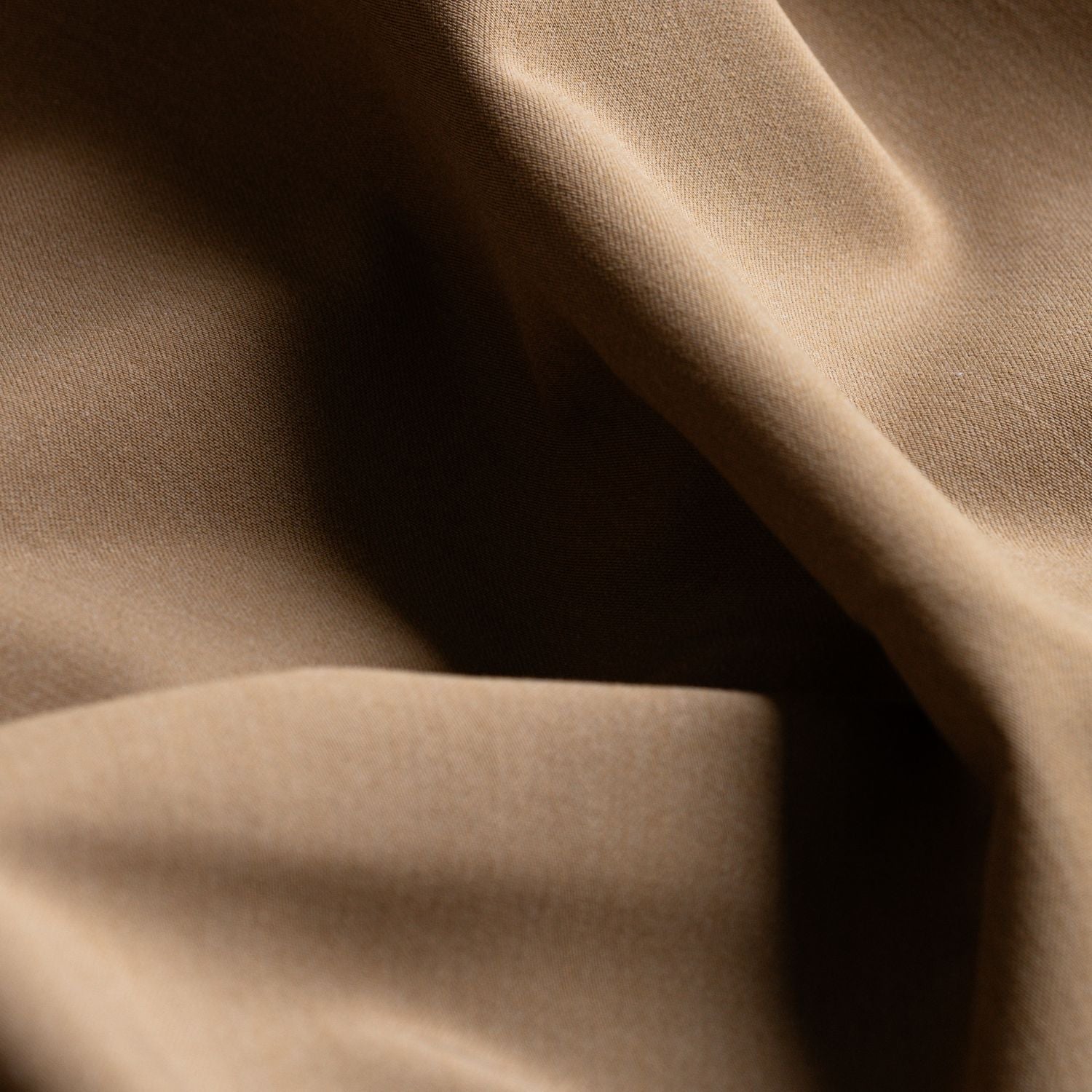
Polyester
Polyester is a synthetic fiber primarily derived from raw materials sourced from the petrochemical industry and fossil fuels.
Why polyester?
While polyester has certain advantages, such as durability and good color fastness, it also presents significant disadvantages, including
microplastic emissions, pollution, and difficulty in biodegradation.
To minimize our environmental impact, we at NGSeven strive to replace polyester with organic cotton and LENZING™ ECOVERO™ viscose. Although we acknowledge that polyester is still indispensable in certain cases, we continuously work to reduce our dependence on this material.
Recycled polyester is most often made from melted plastic bottles.
While a plastic bottle can be recycled, a t-shirt made from recycled polyester is difficult to recycle as a textile fiber. This challenge arises because polyester is often combined with other materials, such as elastane, and the industry currently lacks technology capable of separating these materials on a large scale.
Therefore, we believe that the plastic from recycled bottles used to produce recycled polyester serves a better purpose by remaining as plastic bottles.
Polyester holds up well to repeated washing and wearing and has wrinkle-free properties.
We use polyester in lower percentages in blended compositions with natural fabrics because it adds durability to the fabric and enhances the longevity of our clothes.
Polyamide
Like polyester, polyamide is a synthetic fiber and a plastic product. Originally developed for nylon stockings, polyamide (also known as nylon) is now recognized as a durable, elastic, soft, and lightweight material used in textiles.
At NGSeven, we use polyamide only in combination with other materials.
About
Fibers & Fabrics
There are fabrics and fibers that we aim for and accept, others that we try to avoid, and some that we do not use at all.
We DON't Use
- Leather
- Nappa
- Suede
- Angora
- Fur
- Down
- Viscose
- Conventional cotton
- Regenerative cotton
- Recycled cotton
